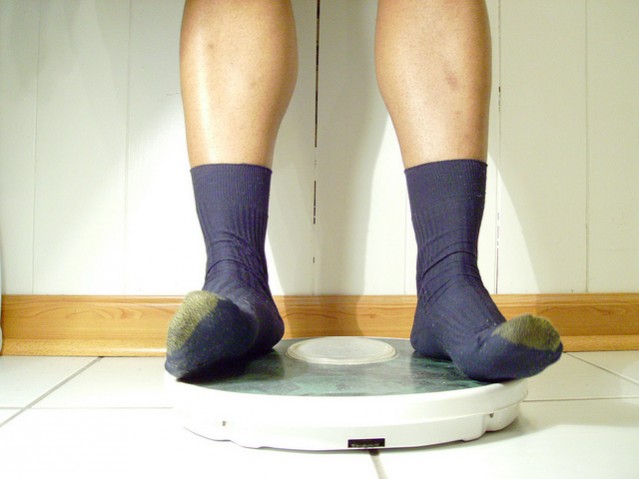
We’re all familiar with the many dietary fat myths: Fat makes us fat, contributes to heart disease, and leads to diabesity.
Those and other myths probably made us try a low-fat diet or diligently scrutinize dietary fat on labels.
Yet nothing could be further from the truth. In fact, the right fats can help us become lean, healthy, and vibrant.
For decades, we’ve unfairly demonized dietary fat, instead following a low-fat diet that almost always equates into a high-sugar diet and contributes to insulin resistance, obesity, heart disease, Type 2 diabetes, as well as numerous other problems.
Simply put: Sugar, not fat, is the real villain that steals our health and sabotages our waistlines.
In my new book Eat Fat, Get Thin, I’ve restored fat to its proper status. The right fats increase metabolism, stimulate fat burning, cut hunger, boost our cholesterol profile, and reduce our risk for heart disease.
I’ve declared 2016 the year dietary fat finally becomes vindicated. It will be the hot nutrition topic at dinner parties and other gatherings. Even if we know nothing else, these five “take homes” arm us to dispel the dietary-fat-is-bad misinformation that still prevails.
- Sugar, not fat, makes us fat.The average American eats 152 pounds of sugar and 146 pounds of flour that converts to sugar every year. That’s nearly a pound of sugar every day! More sugar means our cells become numb to insulin’s “call.” Our body pumps out more and more insulin to pull our blood sugar levels back down. Our body can’t burn all the sugar we eat. Inevitably, our body stores it as fat, creating insulin resistance and overall metabolic havoc among other mayhem.
- Dietary fat is more complex than sugar. There are some 257 names for sugar, but despite minor variations, they all create the same damage. In other words, sugar is sugar is sugar; it all wreaks havoc on our health. Fat is more complex. We have saturated, monounsaturated, polyunsaturated, and even trans fats, not to mention subcategories within each group. Some fats are good; others neutral; and yes, a few like trans and damaged fats are bad.
- Low-fat diets tend to be heart-unhealthy high-sugar diets. When people eat less fat, they tend to eat more starch or sugar instead, and this actually increases their levels of the small, dense cholesterol that causes heart attacks. In fact, studies show 75 percent of people who end up in the emergency room with a heart attack have normal overall cholesterol levels. They also have pre-diabetes or Type 2 diabetes.
- Saturated fat is not our enemy. A review of all the research on saturated fat published in the American Journal of Clinical Nutrition found no correlation between saturated fat and heart disease. As with all fats, quality becomes key here. The saturated fat in a fast-food bacon cheeseburger will have an entirely different effect than saturated fat in coconut oil. Let’s stop classifying it all as the same.
- Eating fat can make us lean and healthy. Healthy cell walls made from high-quality fats are better able to metabolize insulin, which keeps blood sugar better regulated. Without proper blood sugar control, the body socks away fat for a rainy day. Ironically, rather than overall dietary fat, eating excess sugar and the wrong types of fat make us fat. Dietary fat makes us leaner and I had one patient with high cholesterol who could not lose weight, so I bumped up her healthy fat content to 70 percent. (I don’t recommend this for most patients; hers was an extreme case.) Her cholesterol plummeted from 300 to 190, her triglycerides dropped 200, and she lost 20 stubborn pounds that she couldn’t hitherto lose.
I eat fat with every meal, and I’ve never felt better. The right fats can improve our mood, skin, hair, and nails, while protecting us against Type 2 diabetes, dementia, cancer, and much more.
My favorite fat sources include avocado, nuts and seeds, fatty fish, extra virgin olive oil, extra virgin coconut butter, and grass-fed meat.
Has your perception of dietary fat evolved since newer studies show sugar, not fat, to be the real health thief? If you ever follow a low-fat diet, did it deliver the results you wanted? Share your story below or on my Facebook page.
~
Relephant watch:
Author: Dr. Mark Hyman
Editor: Emily Bartran
Photo: Flickr


 Share on bsky
Share on bsky




Read 19 comments and reply